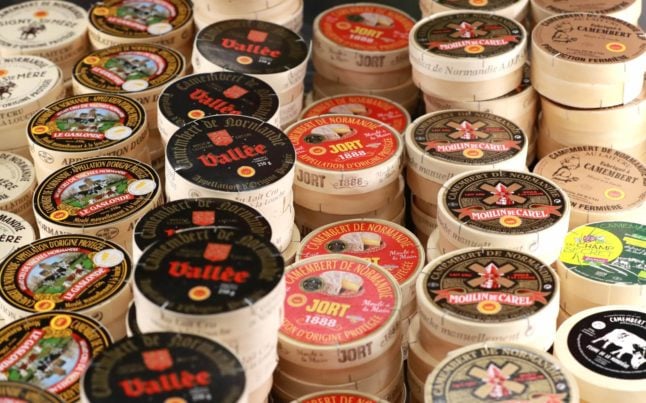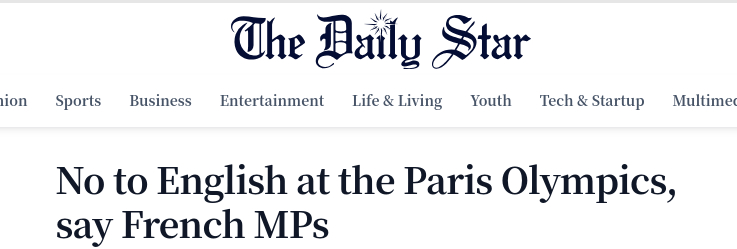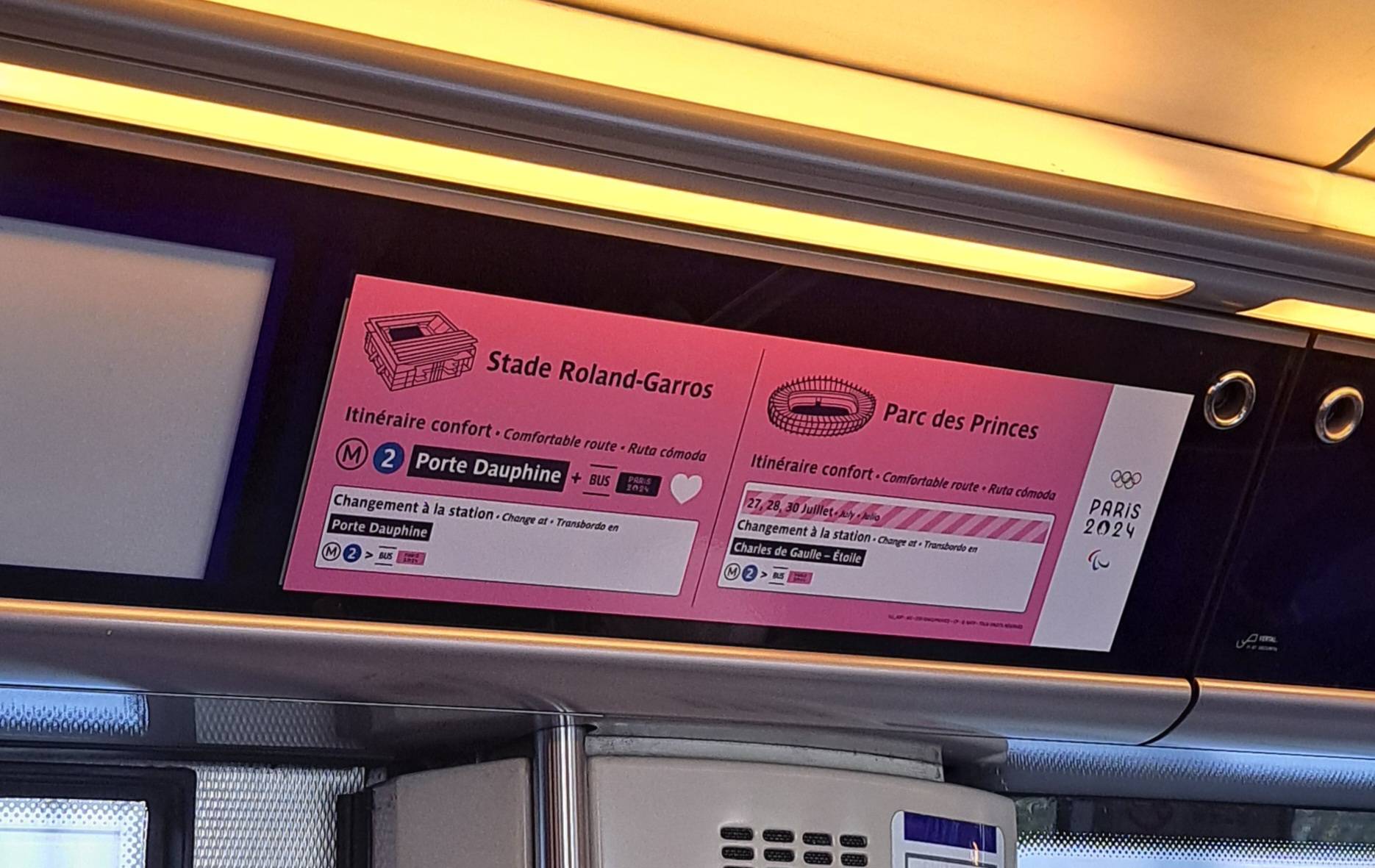Lawmakers in the European Parliament have adopted new laws on packaging which aim to reduce the volume of waste per household by 10 percent by 2030 – the law is similar to the ‘anti-waste’ laws already in place in France.
But among the regulations was one that stipulated that certain materials which cannot be recycled would no longer be able to be used in packaging for food and drink.
Among the items mentioned was wood – which sparked a furious reaction from artisans in France who make Camembert cheese.
The creamy, smelly soft cheese – made with grass-fed cows from the Normandy region – is traditionally sold in a small wooden box, and cheese-makers feared they could be forced to alter the appearance of their cheese.
Law-makers and the media took up their cause, and eventually France Europe Minister Laurence Boone got involved, telling journalists that the measure could inflame the rural electorate ahead of EU elections in June next year.
“If you want to caricature Europe before the election, you start by annoying camembert producers and their wooden packaging… that makes everybody sit up,” she said, adding “there needs to be some pragmatic realism and not annoying camembert makers”.
Eventually, however, a compromise was reached and the European Commission felt it necessary to put out a press release titled Non, la Commission européenne ne veut pas interdire les boîtes à camembert ! (No, the European Commission does not want to ban camembert boxes).
The final text includes an exemption for AOP products where the packaging forms part of the traditional recipe or serving of the product.
European Commissioner for the Environment, Virginijus Sinkevicius, said that the EU would ensure that non-industrial camemberts using unpasteurised milk – those with a registered designation of origin (AOP) – would be exempt from any regulation.
“In fact, in the EU, certain wooden, textile or ceramic food packaging is placed on the market in very small quantities, and many of them are protected by food quality legislation”, said Virginijus Sinkevicius.
“Such packaging may be difficult to recycle on a large scale and can be subject to specific exemptions”.
The Appellation d’Origine Protégée (AOP) label is the EU’s version of France’s Appellation d’Origine Contrôlée (AOC) designation – both indicate that a product is either made in a specific area or made according to a particular traditional technique.
READ ALSO What do France’s AOC and AOP labels really mean?
Camembert cheese-makers have already been involved in a 12-year legal battle over the type of milk that can be used – traditional camembert is made only with unpasteurised milk, produced by cows that graze on Normandy grass.
However industrial camembert makers say this is impractical as it does not allow them to export the cheese to the United States – which bans unpasteurised milk.
A compromise was agreed in 2018, but it is not accepted by all cheese-makers.





 Please whitelist us to continue reading.
Please whitelist us to continue reading.
Member comments